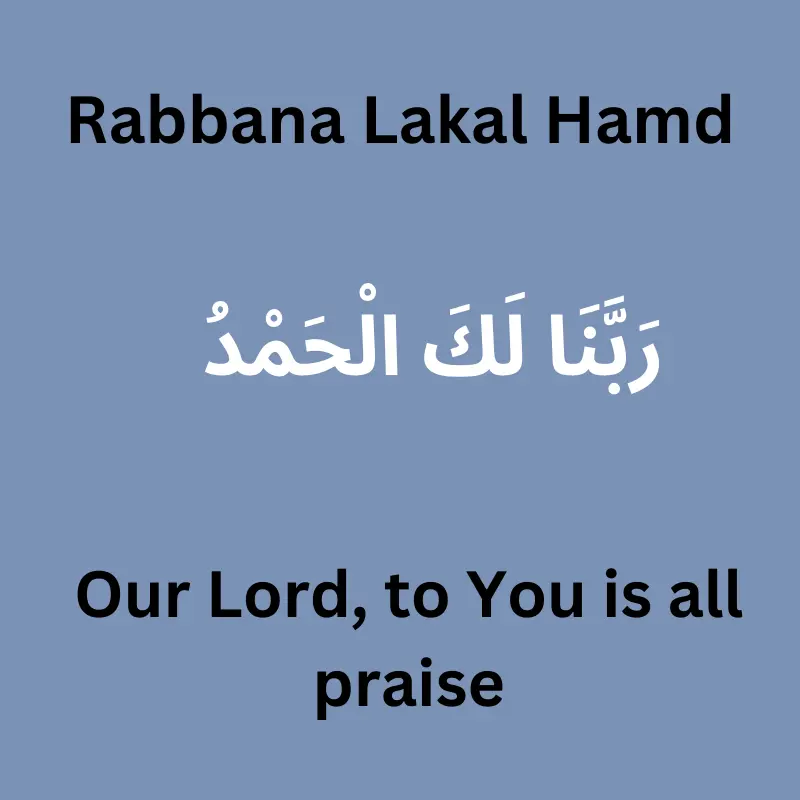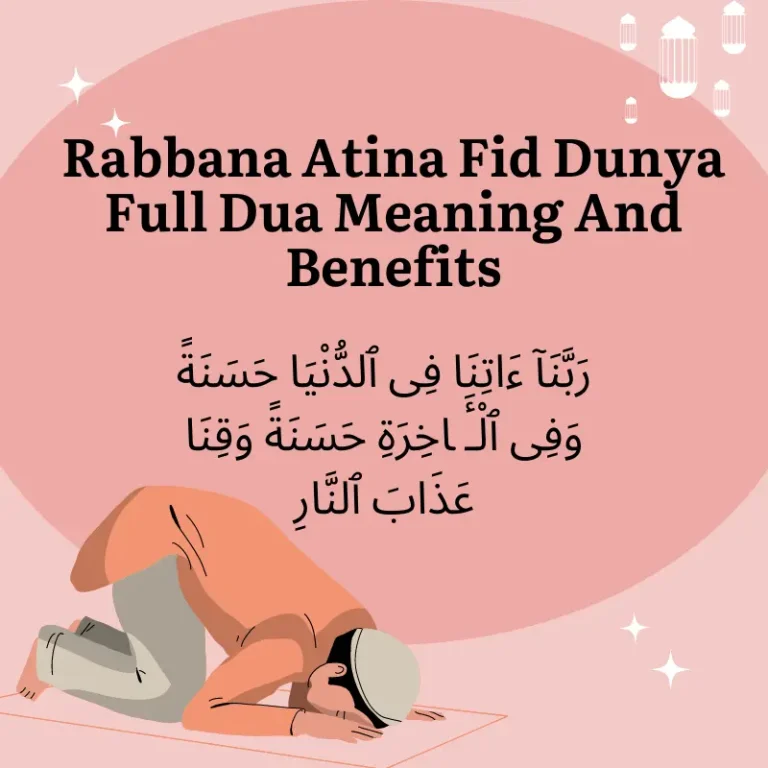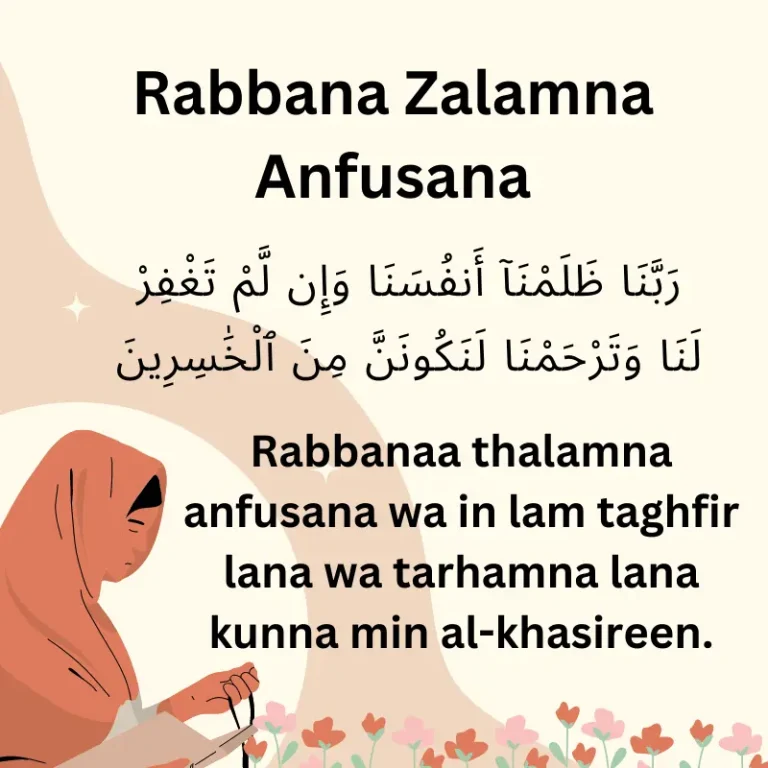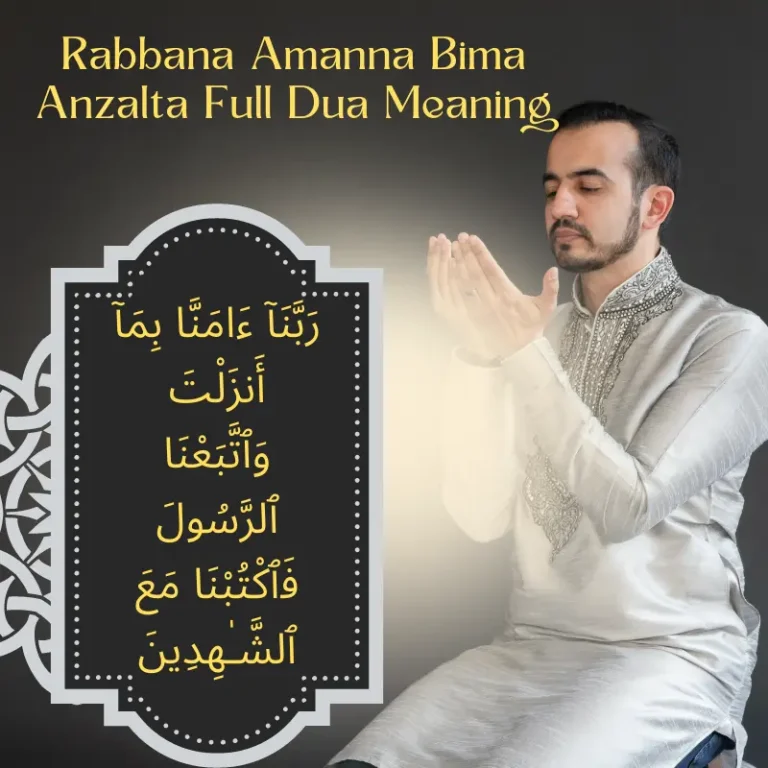Rabbana Lakal Hamd Meaning
In the realm of Islamic spirituality, there are numerous phrases that hold profound significance and convey deep meanings. One such phrase is “Rabbana Lakal Hamd.” This article aims to explore the meaning, context, and spiritual essence behind this beautiful expression of praise and gratitude.
Rabbana Lakal Hamd in Arabic
رَبَّنَا لَكَ الْحَمْدُ
Rabbana Lakal Hamd in English
“Our Lord, to You is all praise.”
Pronunciation
When to say it?
When rising from the Ruku position after the Imam says, “Sami Allahu liman hamidah,” the follower should utter, “Rabbana wala kal hamd” before transitioning into the Sujud position.
Hadith about Rabbana wa lakal hamd
“When the Imam says: ‘Sami Allahu liman hamidah (Allah hears the one who praises Him),’ then say: ‘Rabbana wa lakal-hamd,’ (Our Lord, and to You be the praise).’ Whoever says that and it coincides with the angels saying it, his previous sins will be forgiven.”
Is it Rabbana lakal hamd or Rabbana wa lakal hamd?
Both variations, “Rabbana lakal hamd” and “Rabbana wa lakal hamd,” have been reported in different hadiths and are considered acceptable in Islamic prayers and supplications. Both phrases convey the same essential meaning, expressing praise and gratitude to Allah.
Longest version of Rabbana wala kal hamd
رَبَّنَا لَكَ الْحَمْدُ مِلْءَ السَّمَوَاتِ وَمِلْءَ الأَرْضِ وَمِلْءَ مَا شِئْتَ مِنْ شَىْءٍ بَعْدُ أَهْلَ الثَّنَاءِ وَالْمَجْدِ خَيْرُ مَا قَالَ الْعَبْدُ وَكُلُّنَا لَكَ عَبْدٌ لاَ مَانِعَ لِمَا أَعْطَيْتَ وَلاَ يَنْفَعُ ذَا الْجَدِّ مِنْكَ الْجَدُّ
English Translation:
“Rabbana lakal hamdu mil’a al-samawati wa mil’a al-ardi wa mil’a ma shi’ta min shay’in ba’du. Ahla al-thana’i wal-majdi khayru ma qala al-‘abd. Wa kulluna laka ‘abdun, la mani’a lima a’tayta wa la yanfa’u dha al-jaddi minka al-jaddu.”
Our Lord, for You is all praise, the fill of the heavens and the fill of the earth, and the fill of whatever else You wish after praise and glory. The best of what a servant has said. And we are all for You, O Lord, servants, and there is no withholder from what You have given, and no availer of what You have withheld.






